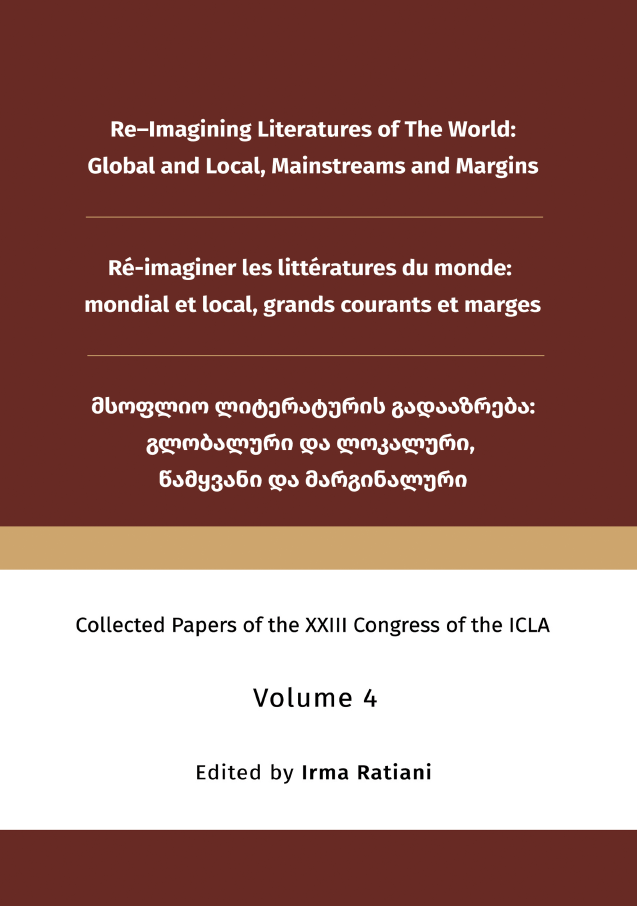Literary Paradigms of Adam Mickiewicz “Faris” in the World Poetry
Main Article Content
Abstract
The work displays, how the literary paradigm of A. Mickiewicz’s “Faris“ is manifested in the world poetry.
In 1827 Goethe raised the issue of existence of the world literature, which in itself implies existence of common tendencies and literary paradigms in the world poetry.
It is noteworthy that the works of N. Baratashvili are a new stage of development of the Georgian Romanticism and together with the essence of his works he is next to the European Romanticists.
In Georgian poetry, “Merani” by N. Baratashvili is considered as one of the literary paradigms of A. Mickiewicz’s “Faris“, which was written in 1828. N. Baratashvili wrote his poetic masterpiece in 1842. It is mentioned in the scientific literature that “Faris” was for N. Baratashvili one of the sources of inspiration and we find a number of poetic coincidences between these two poems.
The idea of “Faris” is as follows: a selfless rider rides his steed. There are a lot of obstacles along the way, but he does not give up and moves towards his goal.
During the research, it was found that the poem of the famous Hungarian author Sandor Petofi “Merani” (“Az En Pegazusmon“) was also written under the influence of “Faris”.
Petofi knew the poetry of Mickiewicz, and Petofi’s “Merani”, which was written in 1847, is one of the paradigms of “Faris” in terms of its content, artistic faces, and symbolic meaning.
We find the mentioned literary paradigm also in the works of René Francois Armand Sully-Prudhomme, Heinrich Heine and other examples of world poetry.
Symbolically, all poems express a man’s aspiration towards kindness, freedom and boundlessness.
